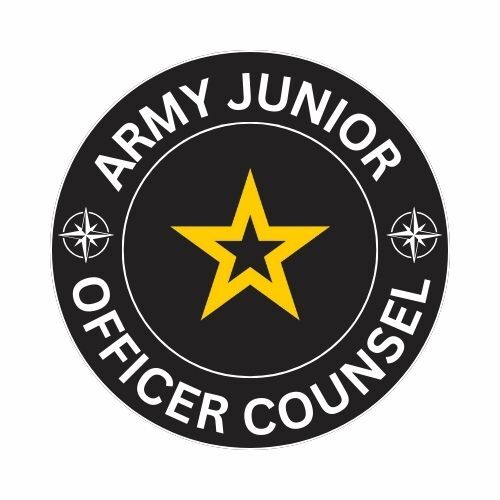Your Last 100 Days as a Cadet: Preparing to Become a 2LT

Congratulations! You made it to your last 100 days. While you are in your final stretch, the work required to successfully make it to graduation is far from complete. The last 100 days of your undergraduate experience – whether from West Point or the Reserve Officer Training Corps – are just as formative as the first 100 days you had during your undergraduate experience. In your final days, I humbly submit three things you should focus on:
- Expressing gratitude to those who impacted and developed you
- Regrouping and reflecting
- Preparing for your next career steps
There is a wealth of literature on how to make the most of your time in different phases of your career. A recent Center for Junior Officers (CJO) series entitled Student to Lieutenant highlights key aspects of being a student and transitioning to a 2nd Lieutenant. There are even articles on what to do during the first 90 days of taking a new job (here and here). However, there is little literature on how to make your final days before commissioning more impactful. In this article I’ll dissect aspects of where you are now – within the last 100 days of your experience – because focusing on the now and getting that right will set you up for success down the road.
Express Your Gratitude
While the first step to your journey is nearing completion, you should recognize that you could not have made it to this point without the support of others. I suggest showing gratitude to those who have influenced you the most as you begin your last 100 days. When thanking people, it is important to validate the actions of those who have assisted you. Whether mentors, mentees, friends, or family, it is important to highlight their impact on your leadership, personal, physical, and emotional development. Expressing gratitude will not only benefit you both physically and psychologically, it will also help you strengthen your relationships with those around you. Lastly, being more thankful goes beyond yourself and the individual involved.
Expressing your gratitude can take numerous forms in your final days. Doing so requires time and intention. One way to implement gratitude is through the five love languages. Originally designed for couples, this approach can easily be adapted for the workplace: taking a mentor to dinner, writing a card for a friend, or giving a professor a gift of gratitude. Thus, implementing the five love languages in practice requires choosing the method appropriate to how the person you’re thanking likes to be appreciated. Tailoring your gratitude to each person is key. Doing so will create a stronger bond between you and the person receiving thanks.
While you will be busy during your final 100 days, you should not view expressing your gratitude as a tedious task. Your efforts will yield positive dividends not just for you, but for those around you . Expressing gratitude will take some effort. To start, it will require reflection – which brings me to my second point.
Regroup and Reflect
You should also use these next 100 days to pause, regroup, and reflect. Think about where you started, where you are now, and where you are going. Reflection is key to developing your self-awareness and for helping you develop into the person and leader you want to be. To assist in your reflection, you may want to solicit feedback from trusted peers and mentors.
While not a main focus for many, you should also focus on reflecting on ways to develop your emotional self. Emotional intelligence requires strengthening your four components of self: self-awareness, self-management, social awareness, and relationship management. When taken in totality, improving your EI can help you succeed as a leader.
Reflecting as mentioned above can also help you prepare your plan for what comes next – your commissioning and service as an officer.
Prepare for your next career steps
100 days may seem like a lot of time, or maybe it doesn’t. Regardless, the Army has a number of resources you can leverage to help address any shortcomings or gaps you may feel you have. For example, Department of the Army Pamphlet 600-3 on Commissioned Officer Professional Development and Career Management provides an outline to assist officers through their educational and assignment options related to each branch. This resource can help you map our educational, professional, key development, and assignment-related requirements and opportunities. You can even start creating a rough timeline/goals for the next 3-7 years. You might leverage the same mentor who you turn to to help with your reflection for input on this career preparation, but you can also leverage input from peers, and from resources like the Center for Junior Officers (use the search function – you’ll find a lot of information!).
This article highlights three ways for you to make the most of your last 100 days before becoming a commissioned officer. This is a time for you to express gratitude, reflect, and prepare for your next steps in the profession of arms. While the path to becoming a junior officer can be rough and riddled with uncertainty, the suggestions offered in this article can help you along your way.
———
2nd Lieutenant Maxwell Myers is a military intelligence officer studying for a Master’s Degree in Conflict Resolution in Divided Societies at King’s College London and is a CJO Leadership Fellow. He graduated from the Military Academy in 2021 with a degree in International Affairs and a minor in Grand Strategy. After completing his master’s program in August, he hopes to continue developing his leadership skills in the operational Army. Maxwell is a 2022 CJO Leadership Fellow.



